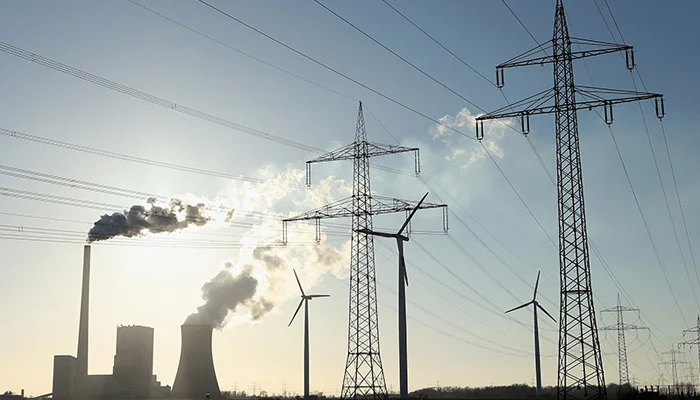As the government intensifies efforts to address multiple challenges within the power sector, five independent power producers (IPPs) have reportedly agreed to terminate their contracts, according to reports.
According to a member of the power sector task force, negotiations are ongoing, and the five IPPs are expected to sign contract termination documents once the details are finalized.
This development follows warnings issued last month by Prime Minister Shehbaz Sharif’s administration, cautioning IPPs of possible “consequences” should they fail to voluntarily end their power purchase agreements (PPAs).
An official familiar with the situation indicated that the government has stopped making capacity payments to these IPPs, which typically range from Rs139-150 billion annually for the next 3-5 years. The IPPs have also been informed that excess payments, including those for capacity and equity returns, have already been made, along with loan repayments.
While no future payments will be made to the IPPs, the government will cover previous dues, albeit limited to electricity costs and excluding interest. Discussions are also underway regarding the Rs80-100 billion owed in past capacity payments.
Four of the IPPs were established under the 1994 power policy and one under the 2002 policy. According to the official, terminating these contracts could result in a savings of Rs300 billion over the next 3-10 years, potentially lowering consumer costs by Rs0.60 per unit, totaling Rs60 billion in savings in one year.
The official added that 17 other IPPs from the 1994 and 2002 policies would transition to a take-and-pay system. The government will continue purchasing electricity from them under this arrangement until a private power market is established.
Once the Competitive Trading Bilateral Contract Market (CTBCM) is operational within the next 1.5 to 2 years, these IPPs could sell electricity directly to clients via wheeling charges. However, the official emphasized that the current wheeling charge of Rs26 per unit needs adjustment for CTBCM to be viable.
Currently, the government collects around Rs800 billion annually from electricity bills, with consumers paying Rs8 per unit in taxes and fees. Cutting these costs in half could reduce tariffs by Rs4 per unit.
The task force is also working on lowering tariffs for solar and wind power plants. Some solar plants charge Rs27 per unit, which the official believes should be reduced to Rs7, while wind IPPs currently charge Rs40 per unit, which also requires adjustment.


